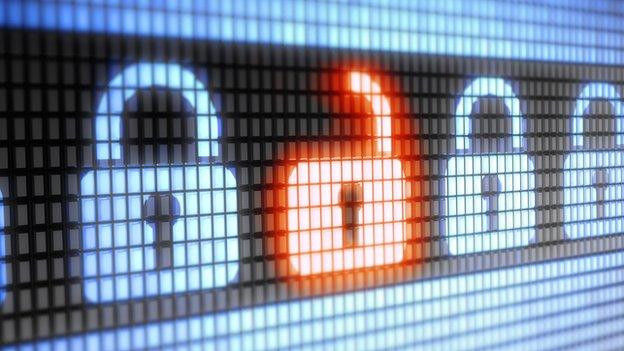Inside the police unit controlling access to our data
- Published
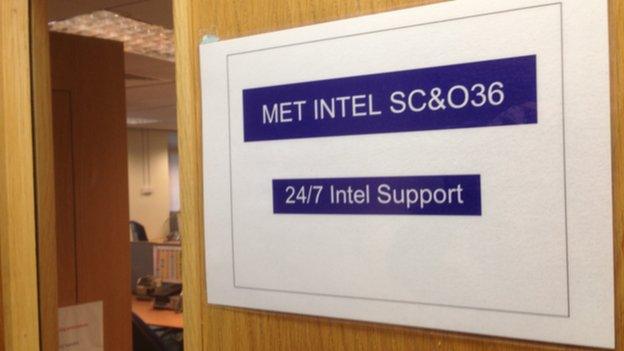
At a police building in south London, which I've been asked not to identify, I'm led through security gates, into the lift, up several floors and along a corridor to Scotland Yard's Communications Intelligence Unit.
A sign on the door says No Unauthorised Access, but police have invited me in because they want to set the record straight.
What they do here is not about snooping on our calls and emails, they say - it's about saving lives.
The room, which looks like a call centre, is split into three sections, each with clusters of desks and computer terminals.
One part is devoted to urgent requests for communications data and is staffed 24 hours a day.
A whiteboard lists the priority cases, known as Grade Ones, where there is an immediate threat to someone's life.
"The vast majority of these will be vulnerable people who need us to intervene and get help to them as soon as possible - quite often suicidal people, [people with] issues with mental health, or young children vulnerable to sexual exploitation," says Mark, a detective inspector who doesn't want to reveal his surname.
Phone records
Indeed, on one day in January, selected by the Met at random, staff here dealt with 12 urgent requests for communications data, from the early hours to just before midnight.
Eight of the cases related to people who had disappeared; two involved manhunts - one for a suspected rapist, the other for a murderer; one case concerned a child who wanted to abscond with their father; and another request was for information about a man who'd been kidnapped.
All data requests are dealt with by intelligence analysts known as SPOCs (Single Point of Contact). They are specialist officers and civilian staff who act as the link between the detective seeking the information and the phone company or internet service provider that holds it.
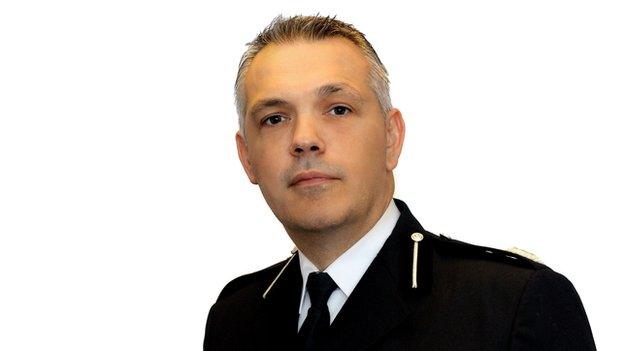
Unit head Richard Martin says mobile technology can help save people from harm
The kind of details they are after would be, for example, the phone numbers a suspected drug dealer had called, and the cell site analysis of a missing person's mobile - when and where they last used it.
"Twenty years ago, maybe 15 years ago, we would have to have lots of officers on the ground, dogs, helicopters trying to find this person in what is a very time-critical area," says Cdr Richard Martin, who is in overall charge of the unit.
"Now, of course, with mobile telephones, with the ability to actually try and find people, it means we have a much better chance of saving them from harm, preventing them dying.
"It is really critical to what we are doing."
Last year the Met approved 2,800 urgent, verbal, requests for communications data, the majority for missing people, in addition to 45,000 non-urgent written applications, all from its geographical area.
In each case a 10-page form has to be completed, setting out what data is needed, why the information is necessary and the risks of what's known as "collateral intrusion" - when the details of an innocent member of the public might be disclosed.
A senior officer, unconnected to the investigation, decides whether the application should be granted.
'Robust' checks
Supt Caroline Trevithick, responsible for ensuring the process is ethical and lawful, says it is not simply a box-ticking exercise.
She is proud of the Met's "robust" system for checking requests for phone and email data.
"Twenty per cent of our applications would not go forward," she says.
"So someone has made an application for data that's not available, or it might be they have not made out [the test] for proportionality or necessity."
Applications can be resubmitted, but some never go forward.
A list of the routine cases for one day in January, shown to me by the Met, reveals that the top five requests for communications data concerned:
Drugs offences: 55 requests
Robbery: 50
Fraud: 50
Burglary: 35
Sex crimes: 27
Other serious offences, as well as fatal collisions and searches for missing people, made up the rest of the requests for communications data granted that day. Terrorism cases are dealt with by a separate department.
But the Met's ability to acquire communications data came under intense scrutiny after the "plebgate" inquiry, into the row between Andrew Mitchell and police in Downing Street, when it emerged that the force had obtained the phone records of journalists to establish if officers had leaked the story to the press.
But cases like that, though comparatively rare, are now subject to tighter safeguards after the government changed the regulations.
"The new codes of practice say that if we think there may be a risk in terms of identifying a source from a journalist then we have to go through and get a proper warrant from the judiciary," says Cdr Martin.
"We can only ever work within the confines of what legislation and codes of practice allow us to do and that is vital."
Public confidence
Earlier this month, David Anderson, the independent reviewer of anti-terrorism legislation, external, published a review into digital surveillance powers, external, which broadly endorsed the use of communications data.
However, Mr Anderson made a number of recommendations to strengthen oversight procedures. He also warned that a "detailed operational case" would have to made out before the measures were extended, to compel internet service providers to store details of people's web-browsing.
Cdr Martin says he is unfazed with any additional scrutiny. He said he would be "happy to work with whatever the government decides to put in place" if that gives the public confidence in what they are doing.

David Anderson's recommendations:
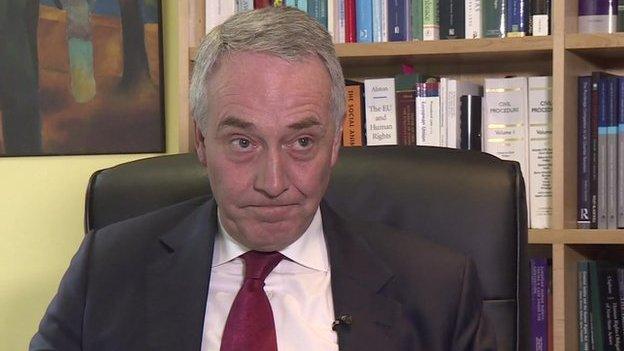
David Anderson has constructed a "careful" package
Mr Anderson's report, called A Question Of Trust, recommends that:
Security and intelligence agencies should have powers to carry out "bulk collection" of intercepted material but there must be "strict additional safeguards".
Judges should authorise requests to intercept communications, limiting the home secretary's current role in deciding which suspects are so monitored.
Proposed "snoopers' charter" powers must be subjected to "rigorous assessment" of whether they would be legal or effective.
The definition of communications data should be "reviewed, clarified and brought up to date".

Besides, he says, visitors to his unit generally leave impressed with the work they're doing.
"We've had parliamentarians from the UK, we've had parliamentarians from Europe - David Anderson came in when he was doing part of his review.
"Would I say we have converted everybody? I don't think we could [convert] everybody but I think we've been able to show how we use it.
"If nothing else, at least people, like you have today, have seen the process that you have to go through to get this data and I hope that gives somebody some comfort."
For years police were reluctant to acknowledge they even had the ability to access data about our calls and emails. Now the secret is out.
The challenge for them is to ensure that they maintain the public's trust, as well as keeping pace with rapidly developing technology, so they don't lose what they say has become a vital investigative tool.
- Published11 June 2015
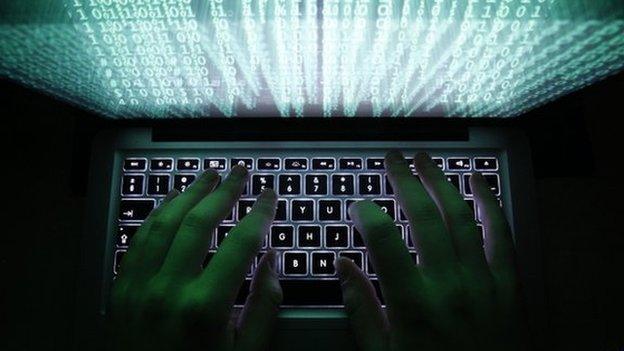
- Published11 June 2015
